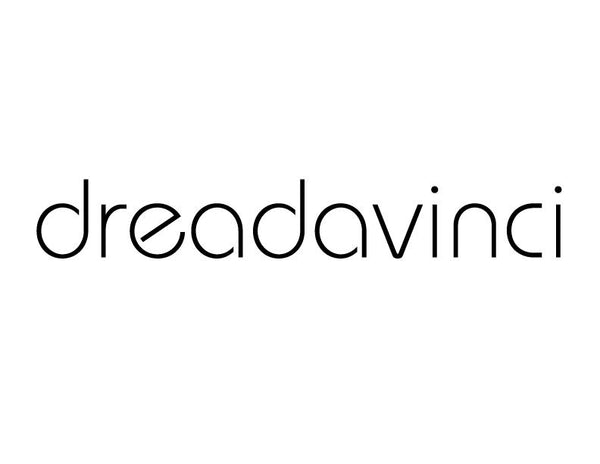Netflix's latest thriller, Adolescence, directed by Alex Carter and starring Jacob Miller and Olivia Hart, presents itself as a bold psychological drama but ultimately functions as a dangerous reinforcement of male entitlement. While the show dazzles with its technical prowess — including its innovative single-shot episodes and haunting cinematography by Rachel Lin — it utterly fails to engage meaningfully with the deeply rooted misogynistic ideologies it claims to depict. Instead, it becomes a troubling apologia for male violence that offers no education on how boys and men are indoctrinated into hate.
The decision to film each episode in a continuous shot is a staggering cinematic achievement. It heightens the sense of immediacy, forcing viewers to remain immersed in every breath and heartbeat of the unfolding narrative. The acting is uniformly stellar — Jacob Miller delivers a chilling performance as the troubled 13-year-old killer, while Olivia Hart injects humanity into a victim the script barely seems to care about. Yet for all its technical polish, Adolescence squanders its power by perpetuating toxic tropes that excuse male violence rather than examining its roots.
The plot centers on a boy who, after being teased by a girl in childhood, murders her in a fit of revenge. By framing the act as a reaction to childhood humiliation, the show attempts to humanize the perpetrator while offering no real insight into the systemic forces that fuel misogynistic violence. This narrative is not merely a missed opportunity — it is an active perpetuation of the toxic belief that women are responsible for the violence enacted upon them. It reduces the complex reality of incel culture to a personal grievance, conveniently ignoring how boys and men are radicalized into believing they are owed access to women’s bodies and affection.
Incel ideology is not born from childhood bullying; it is forged in the crucible of systemic patriarchy, online echo chambers, and a society that relentlessly tells boys they are entitled to power, control, and female submission. The show never acknowledges this. It never addresses the countless forums where misogyny is nurtured or how societal narratives teach boys to see rejection as a justification for violence. Instead, it softens the perpetrator by presenting him as a misunderstood child, diluting the very real dangers of male entitlement.
Moreover, by making the killer so young, Adolescence seems designed to reassure rather than confront. It sends the insidious message that misogynistic violence is the result of personal trauma rather than systemic oppression. This not only misrepresents the reality of incel culture but also minimizes the lived experiences of countless women harmed by male violence. It reflects a broader cultural pattern where the feelings of men and boys are centered at the expense of women's survival.
The directing and cinematography, though exceptional, are in service of a deeply irresponsible narrative. Instead of exploring how male entitlement festers in a culture that dehumanizes women, the show presents a revenge fantasy wrapped in art-house aesthetics. It perpetuates the dangerous notion that a woman's perceived cruelty — in this case, simple childhood teasing — can justify her death. This is not a thought-provoking exploration; it is a capitulation to patriarchal myths.
What Adolescence needed was a feminist lens that interrogates how misogynistic violence is cultivated, not excused. It should have traced the radicalization pipeline, showing how societal narratives and online communities groom boys into believing they are victims when they are denied access to women's bodies and attention. It should have challenged the audience to confront the uncomfortable truths about entitlement and violence. Instead, it glamorizes the very mindset it should be dismantling.
In conclusion, Adolescence is a technically brilliant but morally hollow series that perpetuates misogynistic tropes under the guise of psychological drama. By focusing on the killer's pain while ignoring the systemic roots of his violence, it becomes part of the problem it claims to explore. Netflix had the opportunity to offer a vital critique of incel culture, but instead, it delivered a polished, dangerous narrative that reinforces the toxic status quo. We deserve better stories — stories that center victims, challenge entitlement, and refuse to excuse male violence.


